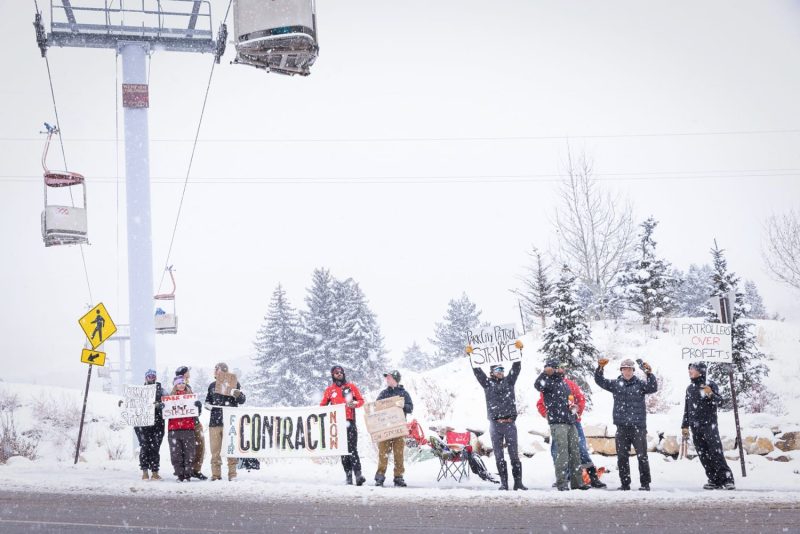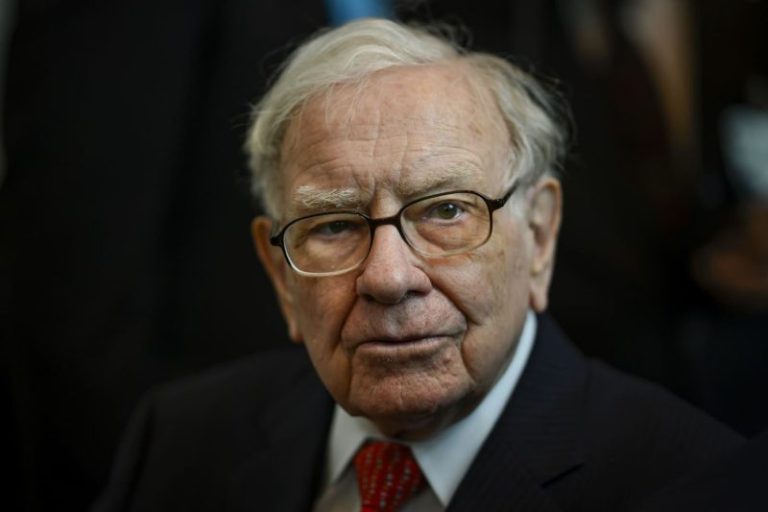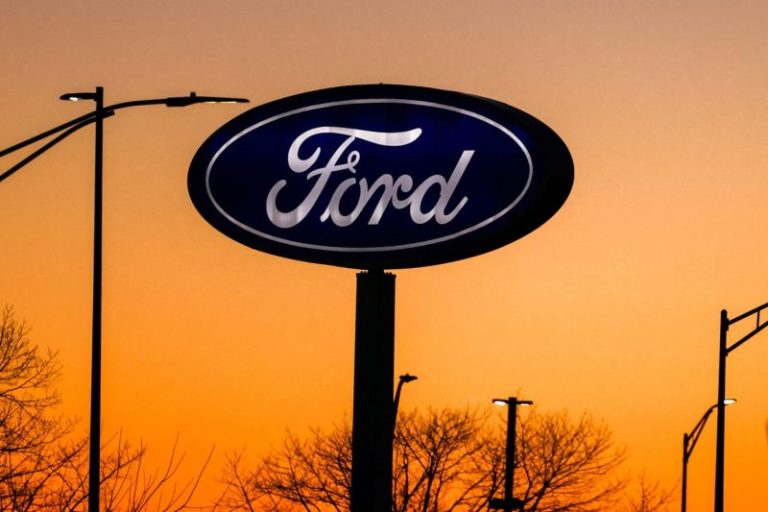Vail Resorts shares have dropped in recent weeks as a labor dispute roiled one of America’s most prominent skiing destinations.
The Park City Professional Ski Patrol Association, a union representing patrollers at the Utah mountain of the same name, went on strike late last month. The work stoppage has spurred complaints of long lines, closures and delays on social media from patrons on costly ski trips.
This situation has raised awareness of the consolidation of America’s ski resorts under Vail and a handful of other companies. Vail’s history of involvement with a notable private equity firm has also stoked the ire amid the meltdown at Park City, which is billed as the largest U.S. mountain by lift access and has a storied history that includes hosting the 2002 Winter Olympics.
Among the Park City patrol’s main asks is a raise for base wages to $23 per hour from $21, which is where the union says it has sat since 2022. The patrol said on Dec. 27 — the first day of the strike — that Vail did not offer a counterproposal to its demands related to wages or benefits.
“We did everything in our power to avoid this work stoppage,” the patrol said in a statement on its Facebook page that encouraged readers not to buy lift tickets or spend at resorts for the strike’s duration. “Our goal has been and continues to be to secure a fair contract.”
Vail, which also owns Breckenridge and dozens of other resorts, said in a weekend statement that it has increased Park City patrol wages more than 50% over the past four seasons. The average entry-level hourly patrol wage currently sits at $22.40 when factoring in skill-based pay incentives, the company said. The average patroller earns $25 per hour.
“Our wages and benefits are strong, as demonstrated by the high return rate among patrol teams across our company and by the number of applicants we get for any patrol opening,” Bill Rock, president of Vail Resorts’ Mountain Division, said in the statement. “Still, we remain committed to reaching an agreement that demonstrates the great respect we have for our patrollers.”
Vail resumed mediation with the union on Monday, according to a Park City representative. But the stock has already taken a hit as word of conditions at the resort amid the strike spread online, with shares tumbling more than 5% compared with one week ago.
“By letting a labor dispute with its ski patrolmen fester, MTN now finds itself at odds with frustrated customers who travelled to Park City over the past two weeks,” said Don Bilson, head of event-driven research at Gordon Haskett, in a Monday note to clients. “Because of a strike, the mountain is barely open and customers, not surprisingly, are venting on social media. So too are investors.”
Bilson added that the situation could turn into a “professional crisis” for CEO Kirsten Lynch.
Angry customers shared videos of lines and noting the high cost of their ski getaways on social media. Just 103 of 350 trails and 25 of 41 lifts were operating as of Monday morning, according to Park City Mountain’s live tracker.
“Longest lines ever. No excuse,” one user wrote on X.
Some of the online vitriol has centered around what’s become a pressure point among American consumers: the involvement of private equity. While Apollo dissolved its Vail stake in 2004, the role of firm in the resort operator’s history has been pointed out by those wondering why ski resorts have become so expensive.





